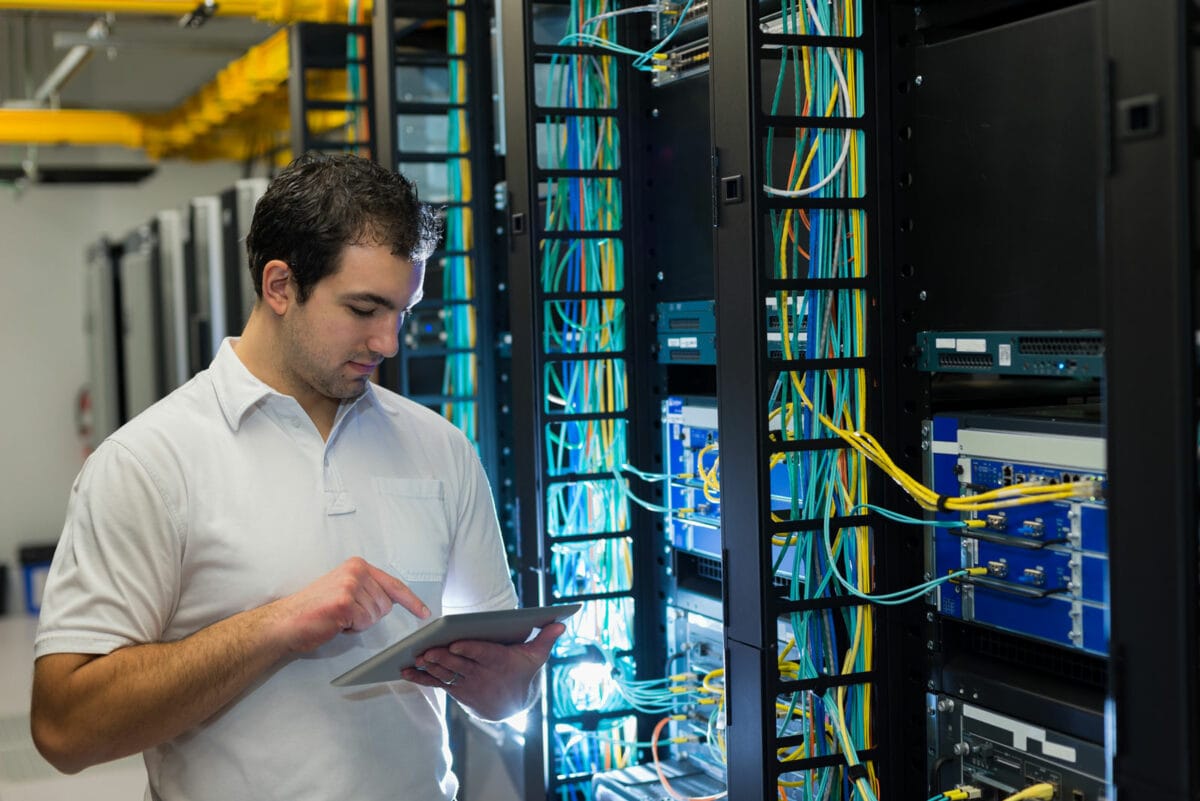In the near future, our infrastructure will blend traditional physical infrastructure (transportation and transit systems, buildings, pipes, power grids, concrete, and steel) with cyber infrastructure (computers, networks, and sensors), reaching the age of “connected everything.” Smart infrastructure is the development of more efficient and environmentally friendly systems for managing commuter traffic, food distribution, electric grids, services metering, waste management, street and highway lighting, and waterways. Transportation systems that are efficient, environmentally friendly, and move hundreds to hundreds of thousands of people quickly, comfortably, and affordably to their destinations will be a defining feature of many new smart cities.
TechNet recognizes that a sustainable and equitable transportation system requires people to be able to access a variety of transportation options and choose the one that is best suited to their task, which often will not be a personally owned vehicle. TechNet supports efforts to incentivize expansion and use of alternative mobility options, including peer-to-peer car sharing, ridesharing, autonomous vehicles, and micromobility.
Tomorrow’s smart cities will redefine sustainability and livability. The common thread for these smart infrastructure technologies is the reliance on a high-speed — wired or wireless — internet connection, including 5G.
In order to execute these smart solutions, there remains the need to keep pace with the explosive pace of technological innovation. The state program will support legislation that promotes research, development, and investment in smart infrastructure and modernizes archaic regulations allowing companies to create and meet the increased demand of consumers, cities, and government agencies, while ensuring that there is an even playing field in terms of technological adoption and innovation.
The state team will advocate to ensure that infrastructure policies, such as zoning and building codes, are future-proofed. In addition, infrastructure policies should support energy efficiency, renewable energy, transportation electrification, and public-private partnerships designed to facilitate infrastructure improvements.
Broadband and Internet Access
The internet is a key tool for consumers’ access to information and empowerment. Internet access connects consumers with the tools they need to live a more flexible lifestyle, increasing their access to telehealth, remote education, civic engagement, provision of government services, and allowing for workplace flexibility. Embracing policies that close the digital divide and expand access to the internet and technology, provide a safe and secure consumer experience, and promote strong private sector competition and investment (while opposing provisions that would create unnecessary or burdensome regulations or legal requirements) is a core value of TechNet. TechNet will support efforts to increase and expand high speed broadband deployment to currently unserved areas and increase adoption by encouraging private investment and making government funding competitively available to all providers for those hard-to-serve areas where private investment on its own is not sufficient.



